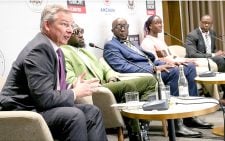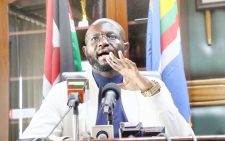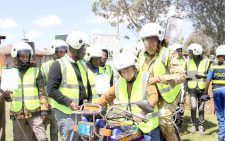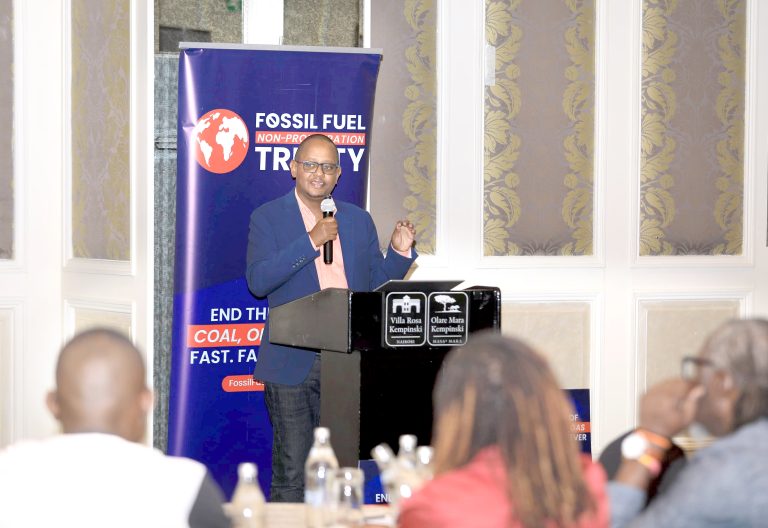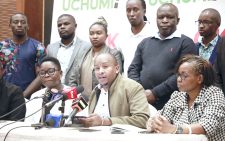Policy makers urged to involve PWD caregivers
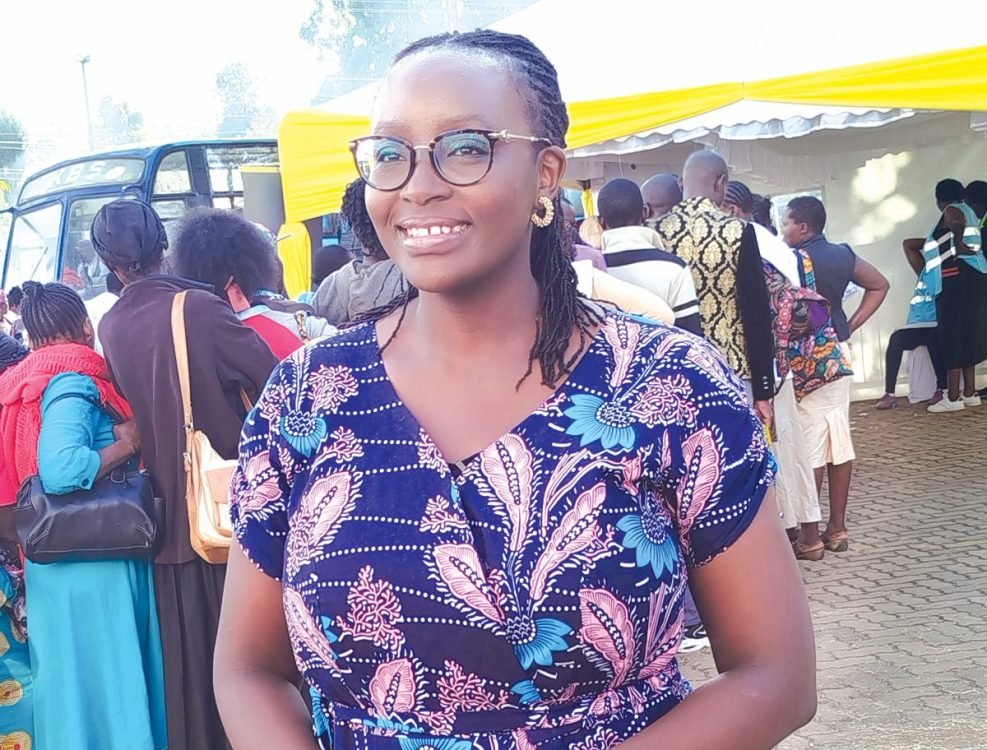
Policymakers have been urged to always involve caregivers of children with disabilities in policy-making processes.
Speaking during the Inaugural Caregiver Awareness Resource and Empowerment (CARE) Conference, Nairobi City Council Focal Person Orthopedics Technologist, Elizabeth Mungaithi, said that by bringing caregivers to the table, the country could move towards a future where policies are not only inclusive but also genuinely reflective of the needs and realities of children with disabilities and their families.
“Caregivers are the unsung heroes in the lives of children with disabilities. Their experiences and insights are invaluable, yet they are often excluded from the very discussions that shape the policies affecting their children,” she said.
Themed “Lived Experiences of Caregivers of Children with Disabilities: Nurturing Care, Representation, Voice, Agency, and Grassroots Advocacy.” the Conference organised by Action Foundation brought together caregivers of children with disabilities to provide them with access to valuable resources, information, and support networks.
Children with disabilities
According to Mungaithi, caregivers of children with disabilities play a crucial role in the day-to-day lives of these children.
They are intimately familiar with the challenges and barriers their children face, from accessing healthcare and education to navigating public spaces. This firsthand knowledge is essential for crafting effective and inclusive policies.
“When caregivers are not included in policy-making, the resulting policies can be ineffective or detrimental. Without the perspective of those who provide daily care, policymakers may overlook critical issues such as the need for accessible transportation.”
For instance, a policy aimed at improving educational outcomes for children with disabilities might fail if it does not consider the logistical challenges faced by caregivers in getting their children to school. Similarly, healthcare policies might not address the specific needs of children with disabilities if caregivers are not consulted.
Speaking at the same event, Maria Omare, Executive Director of The Action Foundation, underscored the demanding and often isolating nature of caregiving. She emphasized that the CARE Conference addresses these challenges by providing caregivers with the necessary knowledge and tools to offer the best possible care for their children.



